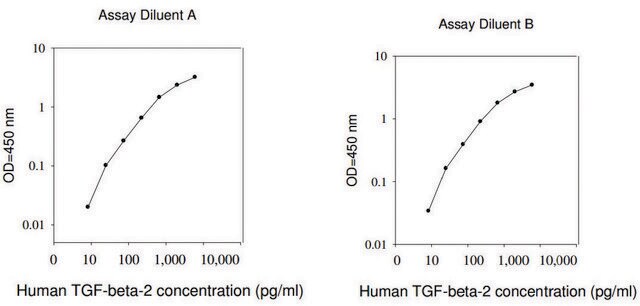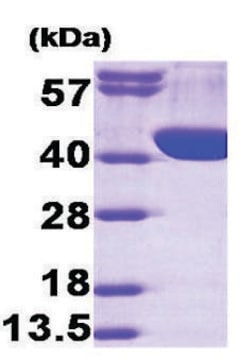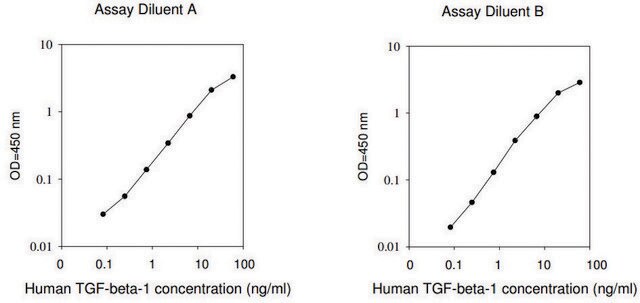Wichtige Dokumente
MAK223
Aldolase Activity Colorimetric Assay Kit
Sufficient for 100 Colorimetric tests
Synonym(e):
Aldolase Colorimetric Assay Kit
About This Item
Empfohlene Produkte
Nachweisverfahren
colorimetric
Relevante Krankheit(en)
cancer; neurological disorders; hematological disorder
Lagertemp.
−20°C
Angaben zum Gen
human ... ALDOA(226) , ALDOB(229) , ALDOC(230)
mouse ... ALDOA(11674) , ALDOB(230163) , ALDOC(11676)
rat ... ALDOA(24189) , ALDOB(24190) , ALDOC(24191)
Allgemeine Beschreibung
The Aldolase Activity Colorimetric Assay Kit is a simple and high throughput assay for measuring aldolase activity in serum, plasma, and a variety of tissues and cells. Aldolase activity is determined by measuring a colorimetric product with absorbance at 450 nm (A450) proportional to the enzymatic activity present. One unit of aldolase is the amount of enzyme that generates 1.0 μmole of NADH per minute at pH 7.2 at 37 °C.
Leistungsmerkmale und Vorteile
Eignung
Prinzip
Nur Kit-Komponenten
- Aldolase Assay Buffer
- Aldolase Substrate
- Aldolase Enzyme Mix
- Aldolase Developer
- NADH Standard
- Aldolase Positive Control
Signalwort
Danger
H-Sätze
Gefahreneinstufungen
Aquatic Chronic 3 - Eye Dam. 1 - Skin Corr. 1B
Lagerklassenschlüssel
8A - Combustible corrosive hazardous materials
Zulassungslistungen
Zulassungslistungen werden hauptsächlich für chemische Produkte erstellt. Für nicht-chemische Produkte können hier nur begrenzte Angaben gemacht werden. Kein Eintrag bedeutet, dass keine der Komponenten gelistet ist. Es liegt in der Verantwortung des Benutzers, die sichere und legale Verwendung des Produkts zu gewährleisten.
EU REACH Annex XIV (Authorisation List)
Hier finden Sie alle aktuellen Versionen:
Analysenzertifikate (COA)
Leider sind derzeit keine COAs für dieses Produkt online verfügbar.
Wenn Sie Hilfe benötigen, wenden Sie sich bitte an Kundensupport
Besitzen Sie dieses Produkt bereits?
In der Dokumentenbibliothek finden Sie die Dokumentation zu den Produkten, die Sie kürzlich erworben haben.
Unser Team von Wissenschaftlern verfügt über Erfahrung in allen Forschungsbereichen einschließlich Life Science, Materialwissenschaften, chemischer Synthese, Chromatographie, Analytik und vielen mehr..
Setzen Sie sich mit dem technischen Dienst in Verbindung.






